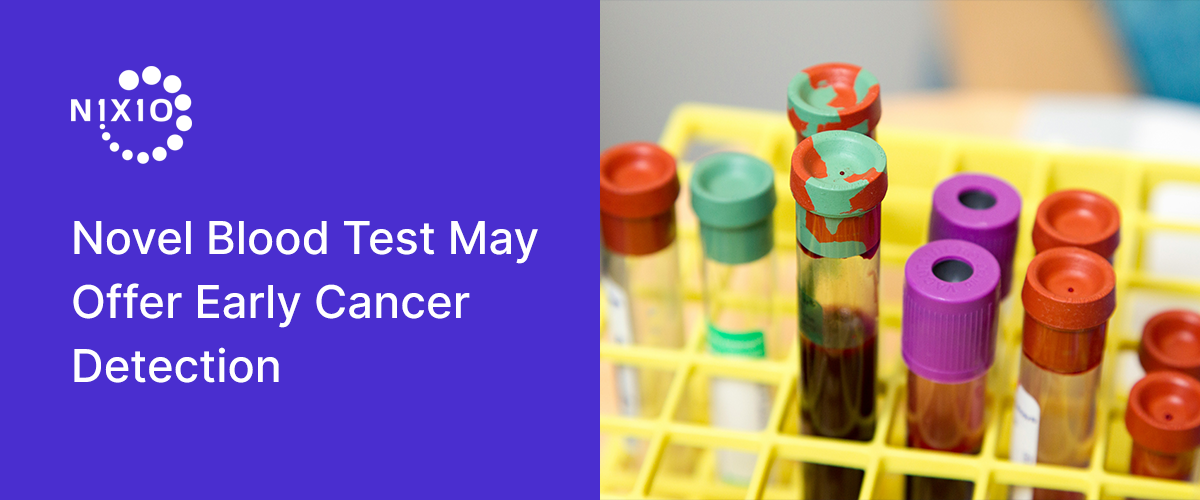May 2024 | George M. Pikler, M.D., Ph.D., FACP, Lead Oncology Advocate N1X10
There is a significant clinical need for noninvasive biomarkers for early cancer detection, risk stratification, and to predict and monitor responses or resistance to treatment. Many malignancies are diagnosed at late stages when the disease is widespread, contributing significantly to cancer morbidity and mortality. In contrast, there is a likely window in early-stage disease when patients are typically asymptomatic, in which treatments can be much more effective.
Previous studies have identified the LINE-1 ORF1p protein as an important new biomarker for the early detection of cancer. LINE-1 is a retrotransposon, a virus-like element present in every human cell that replicates through a copy-and-paste mechanism, resulting in a new copy in a new position in the genome. ORF1p is a protein overexpressed in carcinomas and high-risk precursors during carcinogenesis with negligible expression in normal tissues, suggesting ORF1p could be a highly specific cancer biomarker. Most of the time, the body keeps LINE-1 in check, so ORF1p shouldn’t be found in the bloodstream of a healthy person.
Researchers have developed ultrasensitive single-molecule technologies that detect mid-attomolar (10−17 mol/L) ORF1p concentrations in plasma across multiple cancers with high specificity. Their data reveal for the first time that circulating ORF1p is a multicancer protein biomarker. “The assay has groundbreaking potential as an early diagnostic test for lethal cancers,” stressed co–study author Michael P. Rout, PhD, Head of the Laboratory of Cellular and Structural Biology at The Rockefeller University.
The researchers noted that another potential use of the assay may be to monitor how a patient is responding to cancer therapy. If a treatment is effective, the ORF1p levels in the patient’s blood should drop. In one part of the study, the researchers assessed 19 patients receiving treatment for gastroesophageal cancer. In the 13 patients who responded to therapy, levels of ORF1p fell below the detection limit of the assay. In this way, tracking the protein could potentially be incorporated into routine health care.
The results, so far, are limited to carcinomas; hematologic, mesenchymal, skin, and central nervous system cancers have not yet been studied.


